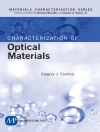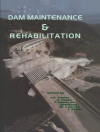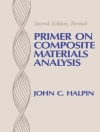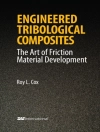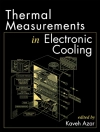This book gives detailed information about the fabrication, properties and applications of nanoporous alumina. Nanoporous anodic alumina prepared by low-cost, simple and scalable electrochemical anodization process due to its unique structure and properties have attracted several thousand publications across many disciplines including nanotechnology, materials science, engineering, optics, electronics and medicine. The book incorporates several themes starting from the understanding fundamental principles of the formation nanopores and theoretical models of the pore growth. The book then focuses on describing soft and hard modification techniques for surface and structural modification of pore structures to tailor specific sensing, transport and optical properties of nano porous alumina required for diverse applications. These broad applications including optical biosensing, electrochemical DNA biosensing, molecular separation, optofluidics and drug delivery are reviewed in separated book chapters. The book appeals to researchers, industry professionals and high-level students.
Inhaltsverzeichnis
From the Contents: Formation Mechanisms of Nanoporous Alumina.- Theoretical Pore Growth Models for Nanoporous Alumina.- Synthesis of Nanoporous Anodic Alumina by Anodic Oxidation of Low Purity Aluminum Substrates.


